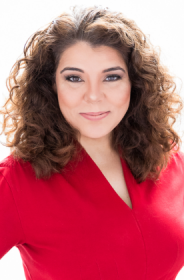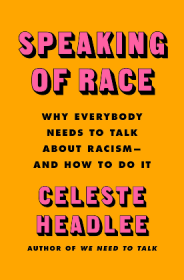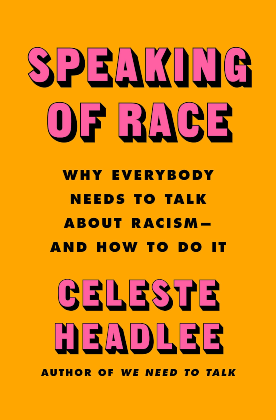Celeste Headlee is an award-winning journalist, professional speaker and the author of We Need To Talk: How To Have Conversations That Matter, and Do Nothing: How to Break Away from Overworking, Overdoing, and Underliving. An expert in conversation, human nature, reclaiming our common humanity and finding well-being, Celeste frequently provides insight on what is good for all humans and what is bad for us, focusing on the best research in neuro and social science to increase understanding of how we relate with one another and can work together in beneficial ways in our workplaces, neighborhoods, communities and homes. She is a regular guest host on NPR and American Public Media and a highly sought consultant, advising companies around the world on conversations about race, diversity and inclusion. Her TEDx Talk sharing 10 ways to have a better conversation has over 23 million total views, and she serves as an advisory board member for ProCon.org and The Listen First Project. Celeste is the recipient of the 2019 Media Changemaker Award. She is the proud granddaughter of composer William Grant Still, the Dean of African American Composers.
About Speaking of Race: Why Everybody Needs to Talk About Racism―and How to Do It
A self-described “light-skinned Black Jew,” Celeste Headlee has been forced to speak about race—including having to defend or define her own—since childhood. In her career as a journalist for public media, she’s made it a priority to talk about race proactively. She’s discovered, however, that those exchanges have rarely been productive. While many people say they want to talk about race, the reality is, they want to talk about race with people who agree with them. The subject makes us uncomfortable; it’s often not considered polite or appropriate. To avoid these painful discussions, we stay in our bubbles, reinforcing our own sense of righteousness as well as our division.
Yet we gain nothing by not engaging with those we disagree with; empathy does not develop in a vacuum and racism won’t just fade away. If we are to effect meaningful change as a society, Headlee argues, we have to be able to talk about what that change looks like without fear of losing friends and jobs, or being ostracized. In Speaking of Race, Headlee draws from her experiences as a journalist, and the latest research on bias, communication, and neuroscience to provide practical advice and insight for talking about race that will facilitate better conversations that can actually bring us closer together.
This is the book for people who have tried to debate and educate and argue and got nowhere; it is the book for those who have stopped talking to a neighbor or dread Thanksgiving dinner. It is an essential and timely book for all of us.



